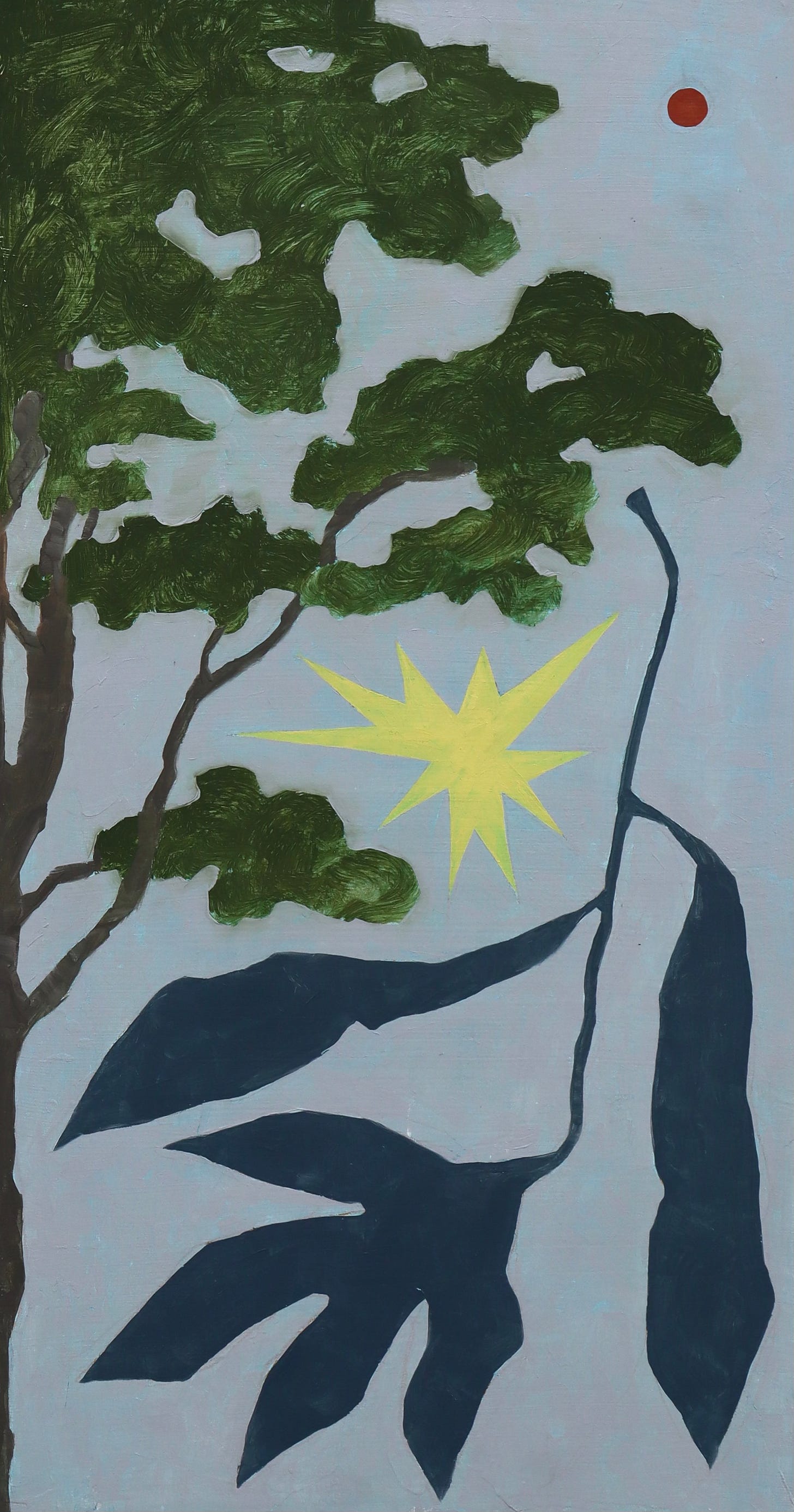“And out of the ground made I, the Lord God, to grow every tree. . . . And it became also a living soul.”—Moses 3:9
I. You surrounded that log— damp and coated in moss. The moss lay flat in the place I’d sit. You stood in the corner by the house, in little direct sunlight. My little body sat beneath your shade on that fallen branch to think. I rarely stopped moving, running, climbing. Yet here, surrounded by you, I stilled. You were constant— always green, always needled every season. I came with questions. You taught me silence: the kind where questions and answers meet. Your stillness never felt like indifference. II. Then you were there, encircling a sunlit clearing and its bench. Me sitting on that bench, phone in hand, parents and sister on the other end. This was a different kind of silence— the breaking of it. While it means something different for each person, we humans have a strange phrase for this. Coming out. I guess it’s because something that is known within eventually has to come out and be seen by the world. And so there, among you, I inhaled, long and deep, and exhaled that part of me. My family heard those words through a phone yet you and I felt those words, that carved breath. I like to think how those words floated between us and among us, and that some of them might have entered you. I like to think they helped make some small part of you— perhaps cells of bark or needle. I like to think they fed you, as they freed me. And I can’t tell you how much it means to me that you accepted them without question, as you would any other breath. III. Then you were atop that mountain. Your trunks a black satin. Your needles not on you, but on the ground, as a carpet of burnt orange crunching beneath my feet. I came knowing fires are needed, but this— large swaths of smoke-filled skies— this— land dried out and brittle with change— this felt different. Amid the rush to save and solve, I kept wondering, When do we grieve? I climbed that mountain again and again that winter. I couldn’t help but touch you (as I was used to doing) so my hands (and wherever I touched my face) were always dark with soot. I walked among you and sat among you. All the underbrush was gone. In that space, carved out by fire, I thought a lot about paths. How the human conception of path is where you, and any rooted being, are not. You stand in front of us and do not move, halting a progressing desire of forward, fast, more. So we clear you to walk and call it a path. And I knew then, standing with soot-covered hands and face, that I don’t want a path forward without you. I need a path that includes your stillness. A stillness that is both growing and rooted. A stillness that is not indifference.
Alisha Anderson, artist and writer, works at the confluence of identity and earth. She holds degrees in Fine Arts, Environmental Humanities, and Art & Ecology.
Art by Rylee Nelson.




